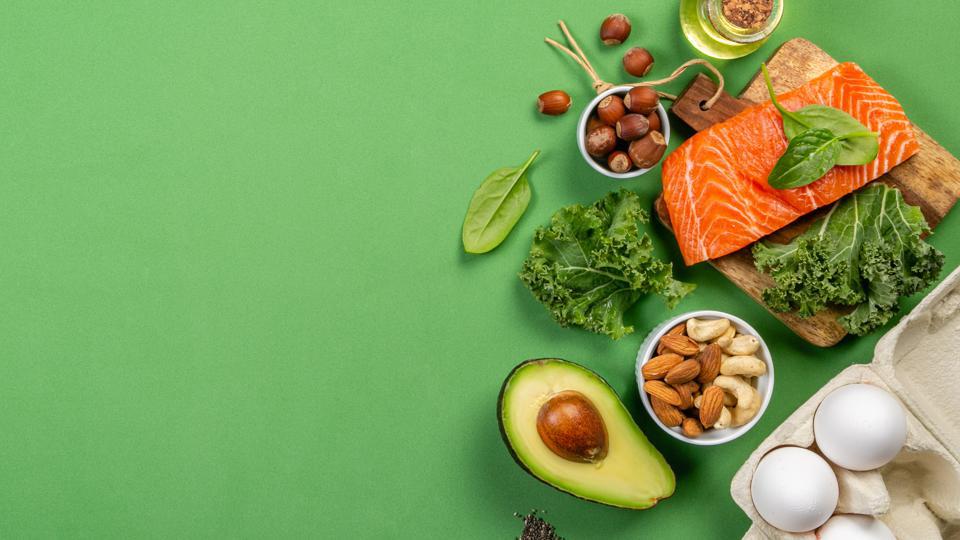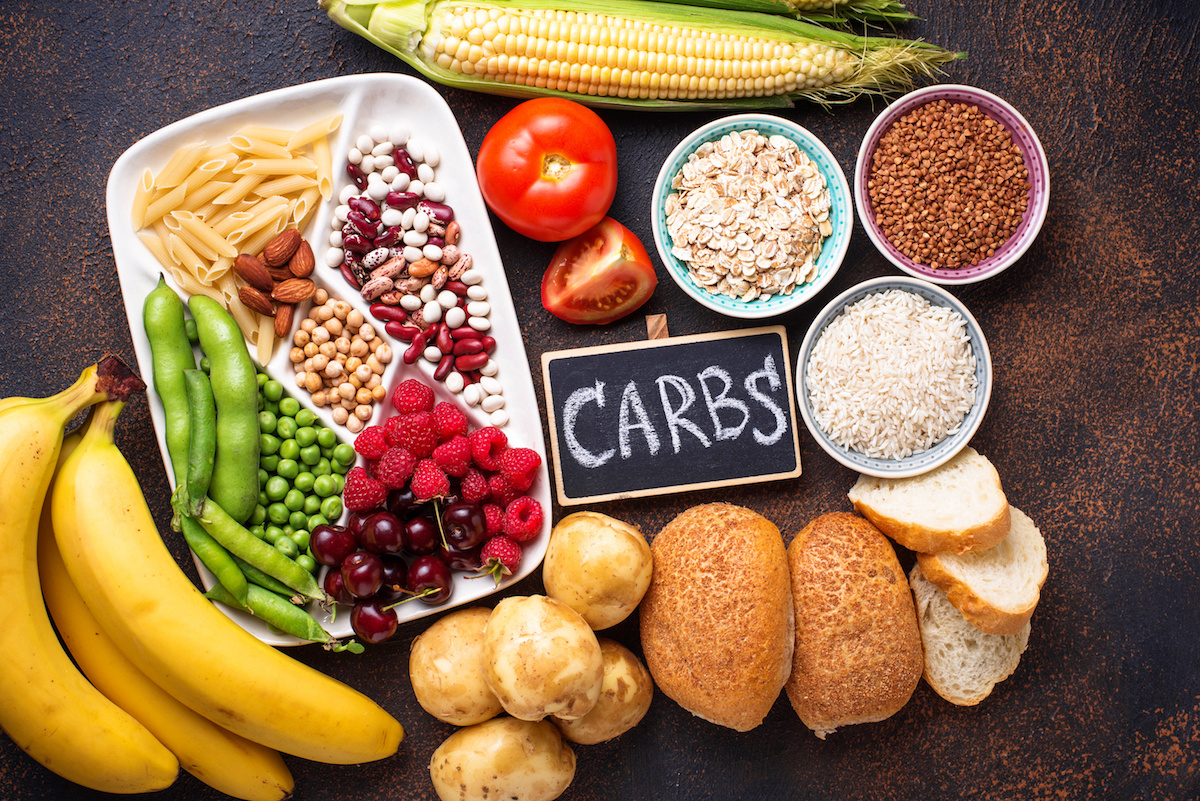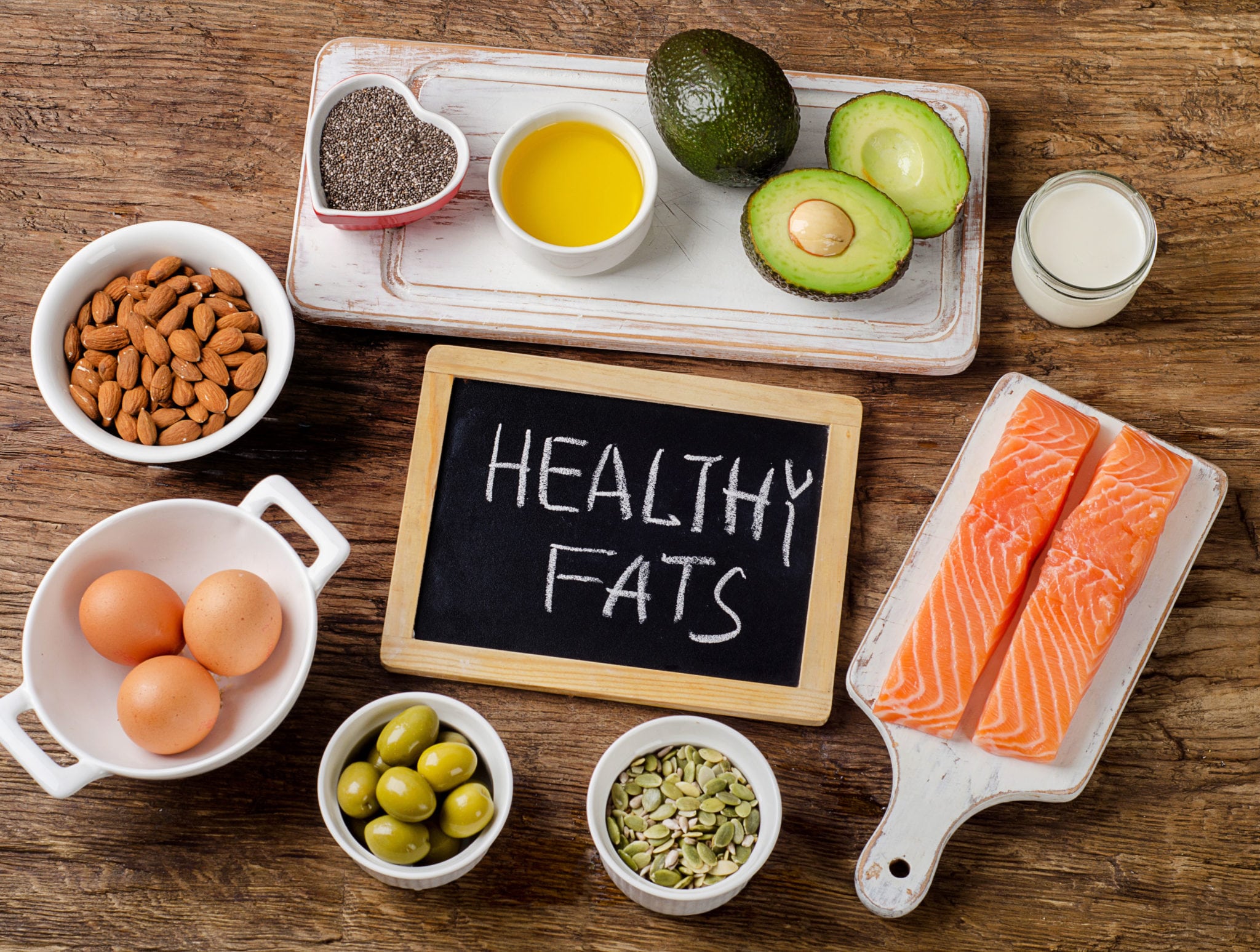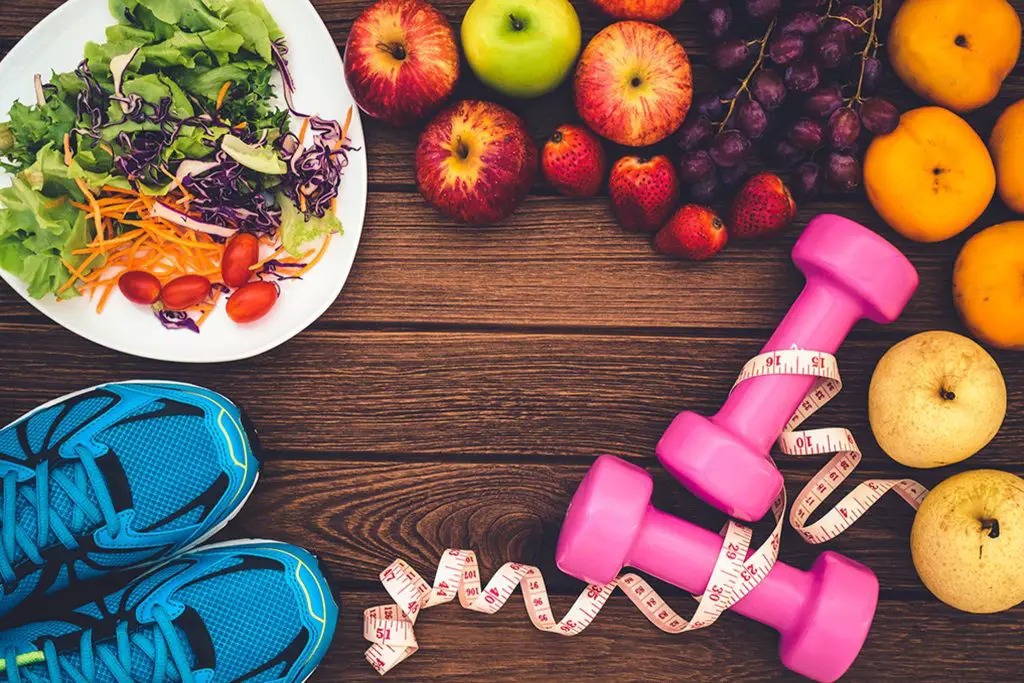Impact of Nutrition on Physical Fitness
It is not enough to exercise regularly and push oneself to the limit without providing the body with the necessary nutrients. Nutrition plays a crucial role in physical fitness. The right nutrition helps the body to build and maintain muscle mass, repair damaged tissues, and provide energy for physical activities. In this article, we will explore the impact of nutrition on physical fitness.

Protein
Protein is an essential nutrient for building and repairing muscle tissue. It is also essential for maintaining and growing bones, cartilage, and skin. The recommended daily intake of protein varies depending on age, gender, and activity level. Athletes and people who exercise regularly require more protein than sedentary individuals.

Protein can be found in a variety of foods, including meat, poultry, fish, eggs, dairy, legumes, nuts, and seeds. Consuming a variety of protein sources is important to ensure that the body receives all the necessary amino acids. Adequate protein intake can help improve muscle strength, reduce muscle soreness, and enhance muscle recovery after exercise.
Carbohydrates
Carbohydrates are the primary source of energy for the body during physical activity. The body converts carbohydrates into glucose, which is used to fuel muscles during exercise. The recommended daily intake of carbohydrates varies depending on age, gender, and activity level. Athletes and people who engage in high-intensity activities require more carbohydrates than sedentary individuals.

Carbohydrates can be found in a variety of foods, including fruits, vegetables, grains, and legumes. Consuming a variety of carbohydrates sources is important to ensure that the body receives all the necessary nutrients. Adequate carbohydrate intake can help improve endurance, delay fatigue, and enhance performance during physical activities.
Fats
Fats are essential for providing energy during low-intensity activities, as well as for maintaining healthy skin and hair. The recommended daily intake of fats varies depending on age, gender, and activity level. Athletes and people who engage in high-intensity activities require more fats than sedentary individuals.

Fats can be found in a variety of foods, including nuts, seeds, fatty fish, avocados, and oils. Consuming a variety of fat sources is important to ensure that the body receives all the necessary fatty acids. Adequate fat intake can help improve endurance, delay fatigue, and enhance performance during physical activities.
Water
Water is essential for maintaining hydration during physical activity. The body loses water through sweating, and it is important to replace lost fluids to prevent dehydration. The recommended daily intake of water varies depending on age, gender, and activity level. Athletes and people who engage in high-intensity activities require more water than sedentary individuals.

Water can be obtained through drinking water, as well as through foods such as fruits and vegetables. Adequate water intake can help improve endurance, delay fatigue, and enhance performance during physical activities.
In conclusion, nutrition plays a critical role in physical fitness. Adequate intake of protein, carbohydrates, fats, and water is essential for building and maintaining muscle mass, providing energy during physical activity, and preventing dehydration. Consuming a variety of nutrient-rich foods is important to ensure that the body receives all the necessary nutrients. A balanced and healthy diet, combined with regular exercise, can help improve physical fitness and overall health.

Nutrition can help enhance athletic performance. An active lifestyle and exercise routine, along with eating well, is the best way to stay healthy. Eating a good diet can help provide the energy you need to finish a race, or just enjoy a casual sport or activity.







